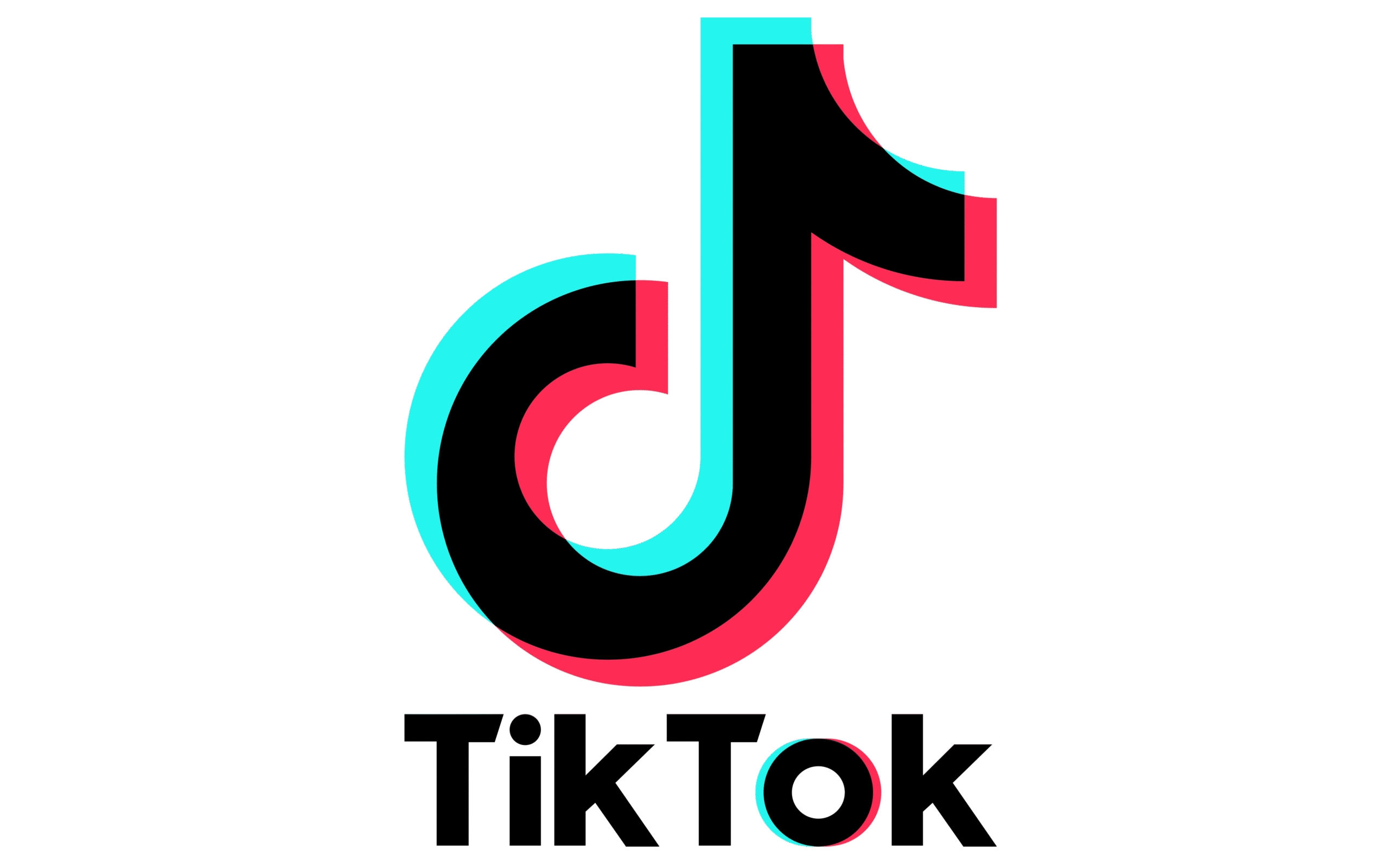TikTok’s Tumultuous Timeline: Unpacking the Platform’s Biggest Scandals
Introduction
TikTok, the global sensation of short-form videos, has revolutionized social media. Its addictive algorithm, endless stream of content, and ease of use have attracted billions of users worldwide. However, beneath the surface of viral dances and comedic skits lies a history of controversies and scandals. This article unpacks some of TikTok’s most significant scandals, examining their impact and lasting implications.
I. Data Privacy Concerns: The Algorithmic Enigma
- The Allegation: One of the most persistent criticisms of TikTok revolves around data privacy. Critics argue that the app collects excessive user data, potentially sharing it with the Chinese government.
- The Evidence: Reports have highlighted TikTok’s access to users’ contacts, location data, browsing history, and even keystroke patterns.
- The Response: TikTok has consistently denied sharing data with the Chinese government and has taken steps to increase transparency, such as opening data centers outside of China.
- The Impact: These concerns have led to government bans in some countries, stricter regulations, and a heightened awareness among users about data security.
II. Content Moderation Fails: A Breeding Ground for Harmful Content
- The Allegation: Despite its community guidelines, TikTok has struggled to effectively moderate harmful content, including hate speech, misinformation, and content that promotes self-harm or violence.
- The Evidence: Numerous cases have surfaced where disturbing content has slipped through the cracks, reaching a wide audience before being removed.
- The Response: TikTok has invested in AI-powered content moderation tools and human moderators to identify and remove problematic content more quickly.
- The Impact: These failures have damaged TikTok’s reputation and raised questions about its responsibility to protect its users, especially younger audiences.
III. The "Devious Licks" Challenge: A Viral Vandalism Spree
- The Incident: In 2021, the "Devious Licks" challenge swept across TikTok, encouraging users to vandalize school property and share the videos online.
- The Fallout: Schools faced significant damage and disruptions, and many students faced disciplinary action.
- The Response: TikTok quickly banned the hashtag and removed videos associated with the challenge.
- The Impact: This incident highlighted the potential for viral trends to incite real-world harm and underscored the need for proactive content moderation.
IV. Child Safety Concerns: Exploitation and Grooming
- The Allegation: TikTok has faced accusations of failing to adequately protect children from exploitation and grooming on the platform.
- The Evidence: Reports have documented instances of predators using TikTok to target and communicate with minors.
- The Response: TikTok has implemented stricter age verification measures, parental controls, and reporting mechanisms.
- The Impact: These concerns have led to increased scrutiny from lawmakers and advocacy groups, pushing TikTok to prioritize child safety.
V. Algorithmic Bias: Promoting Harmful Body Image
- The Allegation: Critics argue that TikTok’s algorithm can promote unrealistic beauty standards and harmful body image, especially among young users.
- The Evidence: Research has shown that TikTok’s algorithm can push content that emphasizes thinness or promotes specific body types, potentially leading to body dissatisfaction and eating disorders.
- The Response: TikTok has taken steps to diversify its algorithm and promote body positivity, but challenges remain.
- The Impact: This issue highlights the potential for social media algorithms to shape users’ perceptions and contribute to mental health problems.
VI. Misinformation and Political Manipulation
- The Allegation: TikTok has been used to spread misinformation and propaganda, particularly during elections and political events.
- The Evidence: Studies have identified instances of coordinated disinformation campaigns on TikTok, aimed at influencing public opinion.
- The Response: TikTok has partnered with fact-checking organizations and implemented measures to detect and remove misinformation.
- The Impact: This issue raises concerns about the potential for social media platforms to be used as tools for political manipulation and the erosion of trust in information.
VII. The "Blackout Challenge": A Deadly Viral Trend
- The Incident: The "Blackout Challenge" encouraged users to choke themselves until they lost consciousness, leading to several deaths, particularly among young children.
- The Fallout: Families of the victims have filed lawsuits against TikTok, alleging that the platform’s algorithm promoted the dangerous challenge.
- The Response: TikTok has removed videos associated with the challenge and issued warnings to users about the risks.
- The Impact: This tragic incident underscores the potential for viral trends to have deadly consequences and highlights the need for parental supervision and education about online safety.
VIII. Working Conditions and Labor Practices
- The Allegation: There have been reports about the demanding working conditions faced by TikTok content moderators, who are exposed to graphic and disturbing content for extended periods.
- The Evidence: Some moderators have reported experiencing mental health issues as a result of their work.
- The Response: TikTok has taken steps to provide mental health support to its moderators, but concerns remain about the sustainability of these practices.
- The Impact: This issue raises questions about the ethical responsibilities of social media companies to protect the well-being of their employees.
Conclusion
TikTok’s journey to global dominance has been marked by a series of scandals that have tested its commitment to user safety, data privacy, and responsible content moderation. While the platform has taken steps to address these issues, challenges remain. As TikTok continues to evolve, it must prioritize transparency, accountability, and user well-being to maintain its position as a leading social media platform. The scandals of the past serve as a reminder that viral success comes with significant responsibilities.

